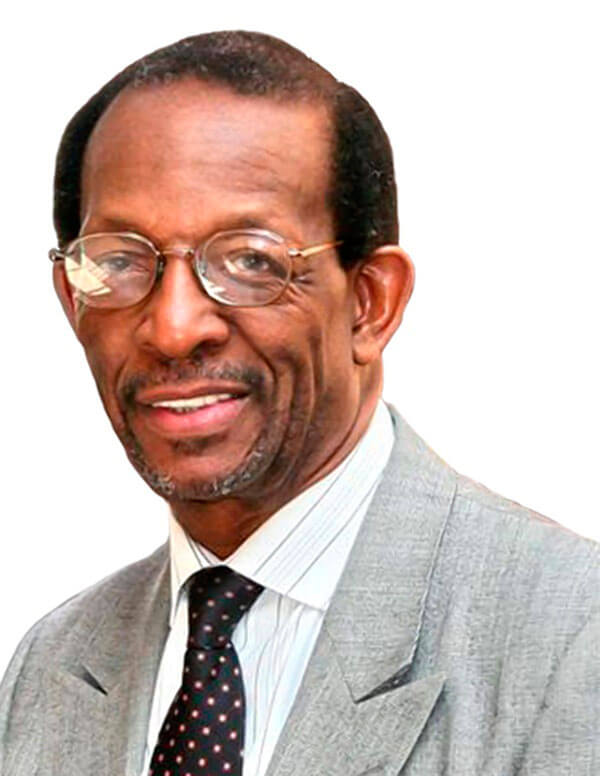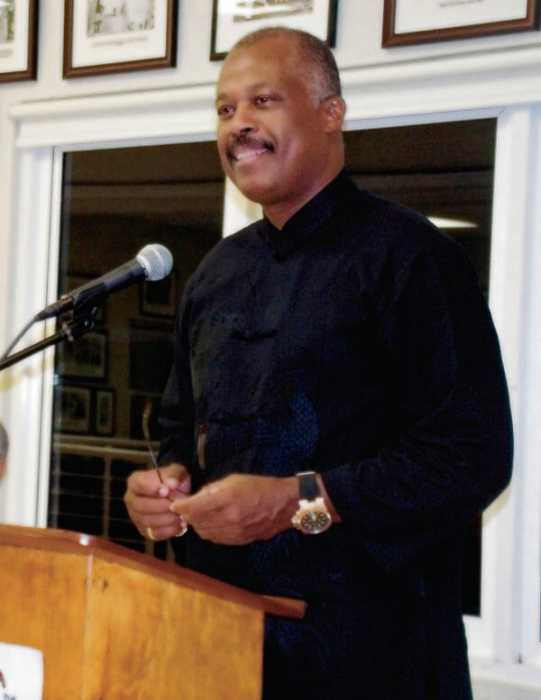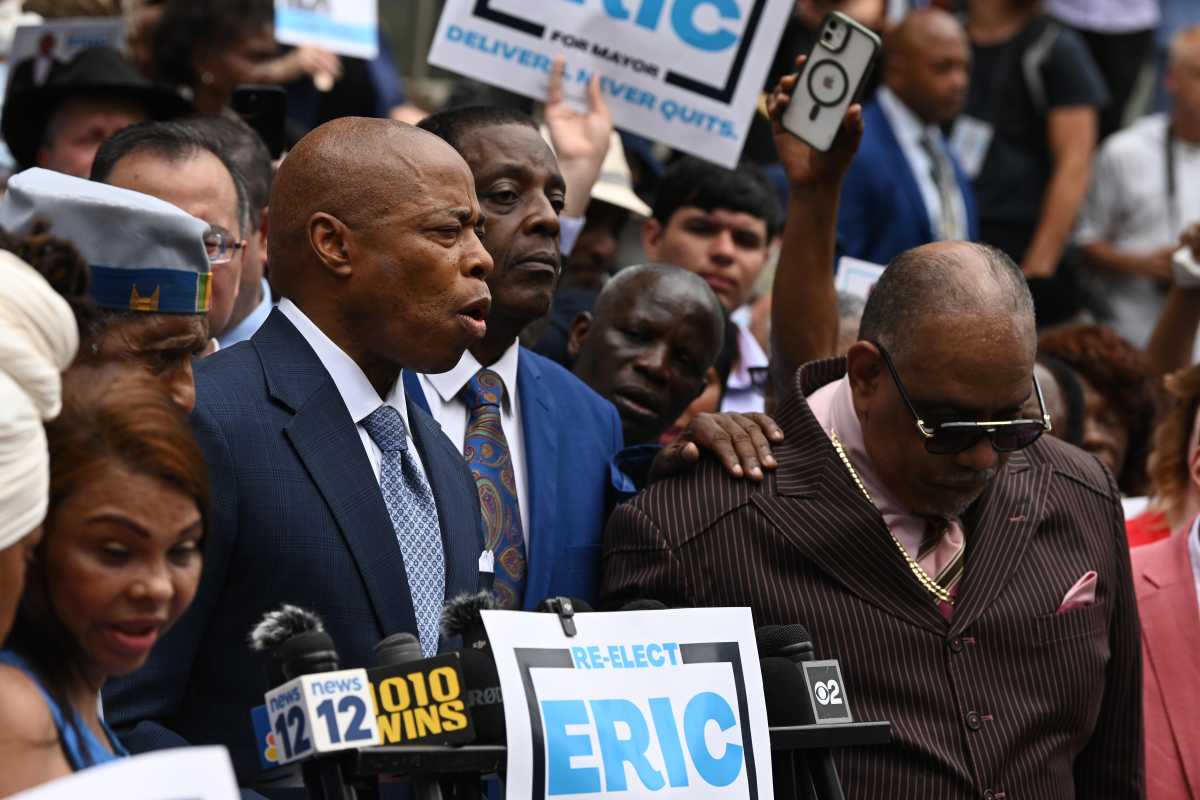The U.S. National African American Reparations Commission (NAARC) has applauded and supported a resolution sponsored by Illinois State Rep. LaShawn K. Ford calling on President Obama to set up a commission to study the legacy of slavery.
Ford also proposes reparations for the descendants of African slaves in America.
The resolution passed unanimously in the bi-partisan House Restorative Justice Committee and is scheduled to go before the full Illinois House of Assembly in April.
If it passes the full house, Rep. Ford and a group of his colleagues plan to deliver the resolution personally to President Obama.
Ford characterizes the resolution as a call from a state to the federal government for reparations for the crime of African enslavement in the United States, according to NAARC.
“HR 1011 is a measure that comes as a result of many coalitions of fighters working to help make America great,” Ford said. “America can never begin to reach its fullest potential until it breaks completely from the chains and legacies of slavery by making every American whole.”
In June, 2015, NAARC said it wrote to Obama calling on him to use his executive powers to establish the John Hope Franklin Presidential Initiative and Commission on Reparatory Justice for People of African Descent in America.
NAARC argued that this commission could lay out the full scope of reparatory justice, utilizing the international human rights standard of full reparations; that is, the creation of policies programs and projects that would address key aspects of repair—cessation and guarantees of non-repetition, restitution, compensation, satisfaction and rehabilitation.
The John Hope Franklin Commission would set up an inter-agency working group to coordinate government resources directed toward these measures, according to NAARC, which comprises 15 prominent scholars, attorneys, historians, health care professionals, journalists and racial justice activists from across the U.S.
Dr. Ron Daniels, the New York-based convener of the NAARC and president of the Institute of the Black World 21st Century (IBW), commended Ford and his colleagues in the Illinois State Legislature for their “bold, courageous and innovative” resolution.
He described the legislators’ action as “a major advance” for human rights in America.
“HR 1011 complements the NAARC’s call for establishment of the John Hope Franklin Commission and, most importantly, it recognizes the urgent need to address the lingering social, economic, biological, psychological and cultural injuries inflicted by the monstrous crime of slavery in this country,” Daniels said.
“We call on other State Legislatures across the country to follow the example of Illinois and pass similar resolutions,” he added.
Kamm Howard, a member of the NAARC and leader of the National Coalition of Blacks in America (NCOBRA) Chicago Chapter, in presenting testimony supporting Ford’s resolution said that HR 1011 could assist the nation in synchronizing with international human rights standards and social justice norms.
He also noted that in 2001 at the United Nations World Conference Against Racism (WCAR) the international community declared that slavery, the slave trade, colonialism and apartheid were crimes against humanity and that since 2001 many reparatory justice actions have taken place across the US and the world.
In its January, 2016 visit to several cities in the United States, NAARC said the UN’s Working Group of Experts for People of African Descent expressed in its initial report “serious concern” about the contemporary human rights situation of African Americans.
The United Nations has declared the decade 2015-2024 to be the International Decade of People of African Descent, under the theme ‘Recognition, Justice and Development’, aimed at addressing the ongoing challenges of people of African descent around the world.
Meanwhile, NAARC noted that the Caribbean Community (CARICOM) formed a Reparations Commission in 2013.
Recently, CARICOM D dispatched a letter to Prime Minister David Cameron of Great Britain and also to the heads of government of France, Spain, Portugal, the Netherlands and Denmark calling for a “dignified dialogue” to begin in the first half of 2016 to address issues of native genocide and reparations for people of African descent in the former European colonies of the Caribbean.
























